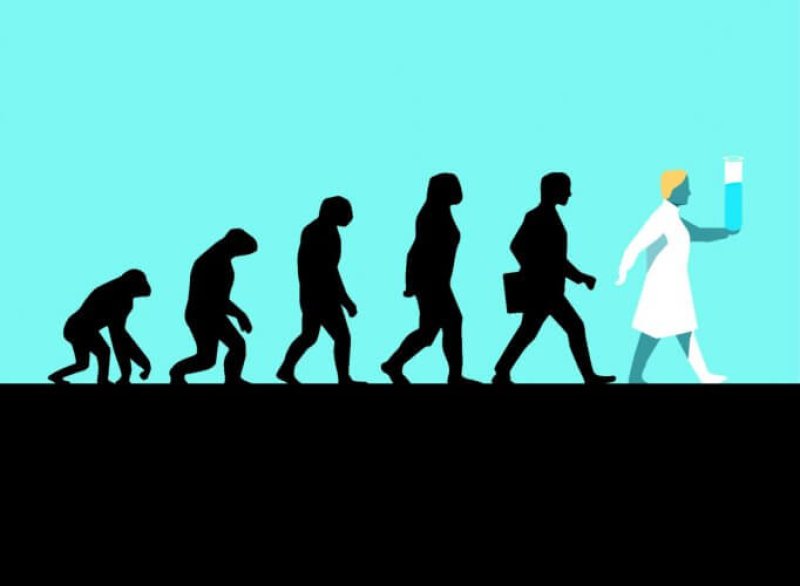“Life is a tornado, and I am a leaf,” [Nobelist Frances H.] Arnold says. As the Linus Pauling Professor of Chemical Engineering, Bioengineering & Biochemistry at California Institute of Technology, Arnold’s schedule was already packed. Now she’s trying to figure out how to juggle her teaching responsibilities and the lectures she promised to give with writing her Nobel address, preparing for the trip to Stockholm, and tending to the massive influx of press interviews, invitations, congratulatory emails, and Twitter shout-outs that have come with winning the Nobel Prize.
…
Back in the early 1990s, Arnold became intrigued with the idea that enzymes found in nature could be tweaked to perform new tricks by altering their DNA blueprint. “Nobody knows what sequence of DNA will encode a better enzyme. It’s a very challenging problem because enzymes are complicated,” Arnold explains. “But nature has a wonderful design process for manipulating DNA to achieve useful functions, and that’s called evolution.”
Arnold recognized that she could manipulate the evolutionary process just like people have been doing for thousands of years by introducing mutations into DNA through breeding.
…
[T]he method has the potential to tackle many practical problems. “We’d love to have biological systems that rapidly break down plastics. We’d love to have better enzymes for conversion of sunlight and carbon dioxide to fuels and chemicals,” she says.Read full, original post: How is directed evolution changing the world?































